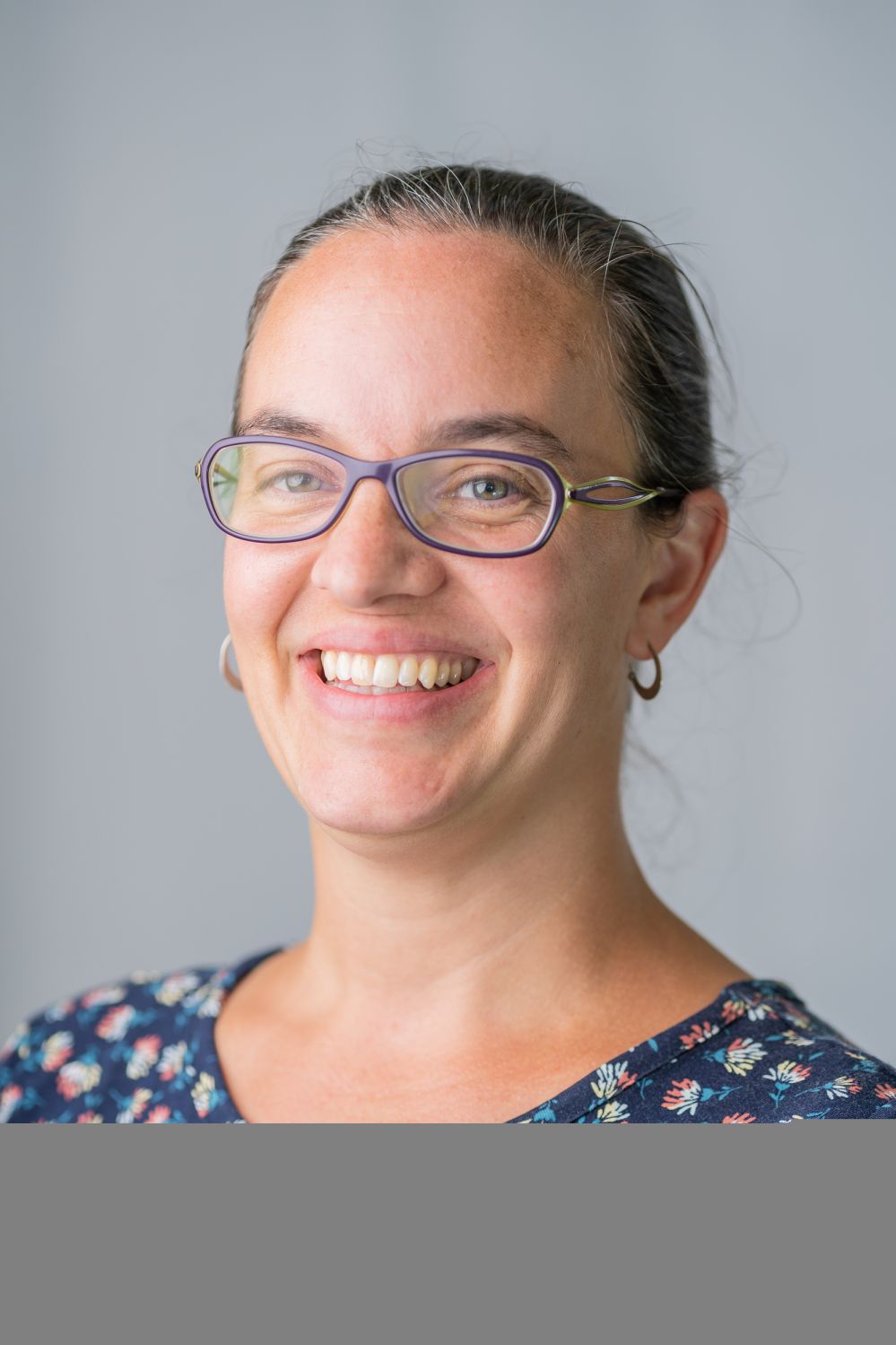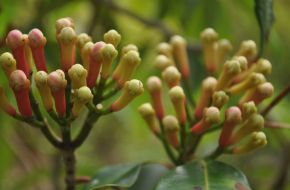Laura Tilghman
Laura Tilghman is Associate Professor of Anthropology at Plymouth St ate University. She received a PhD in Anthropology from the University of Georgia, and a BA in Environmental Studies and a BS in Environmental Biology from the University of Vermont. She has over two decades of experience conducting ethnographic research in the African island nation of Madagascar on such topics as entomophagy, medicinal plant knowledge, small-scale gemstone mining, rural-urban migration, and most recently, dietary transitions. Her research has received support from the Fulbright Africa Regional Research Program and the National Science Foundation.
ate University. She received a PhD in Anthropology from the University of Georgia, and a BA in Environmental Studies and a BS in Environmental Biology from the University of Vermont. She has over two decades of experience conducting ethnographic research in the African island nation of Madagascar on such topics as entomophagy, medicinal plant knowledge, small-scale gemstone mining, rural-urban migration, and most recently, dietary transitions. Her research has received support from the Fulbright Africa Regional Research Program and the National Science Foundation.
Laura Tilghamn
Associate Professor, Plymouth State University
Plymouth, NH 03264
lmtilghman@plymouth.edu
Available Program Formats: In person or online presentations
Laura Tilghman's Programs

Tales From The Spice Rack: exploring people & places behind the ingredients that flavor our food
The spice trade conjures up images of traveling tent caravans or heavy-laden ships from the Age of Exploration. But what you may not know is that many of the flavoring ingredients we use in baking and cooking today are grown and traded in ways that echo those ancient roots before ending up in our spice rack. In this presentation we will explore two spices: cloves (the aromatic flower buds of Syzygium aromaticum Myrtle trees) and vanilla (the cured pods of the Vanilla planifolia orchid). Madagascar grows and exports a major proportion of the global supply of both spices. The stories of vanilla and cloves show continuity with the past, as both are grown by small scale farmers using techniques and tools similar to when these spices were first introduced to the island by the French in the late 1800s. Yet these spices can also help us understand the tensions in our increasingly connected and complex world, as those farmers must now weather pressures as varied as commodity market fluctuations, climate change, and artificial flavor competition. Whether you’re an avid baker, have a sweet tooth, or are just curious about the world around you, this presentation will help you appreciate the people and places behind the global products we buy and consume every day.